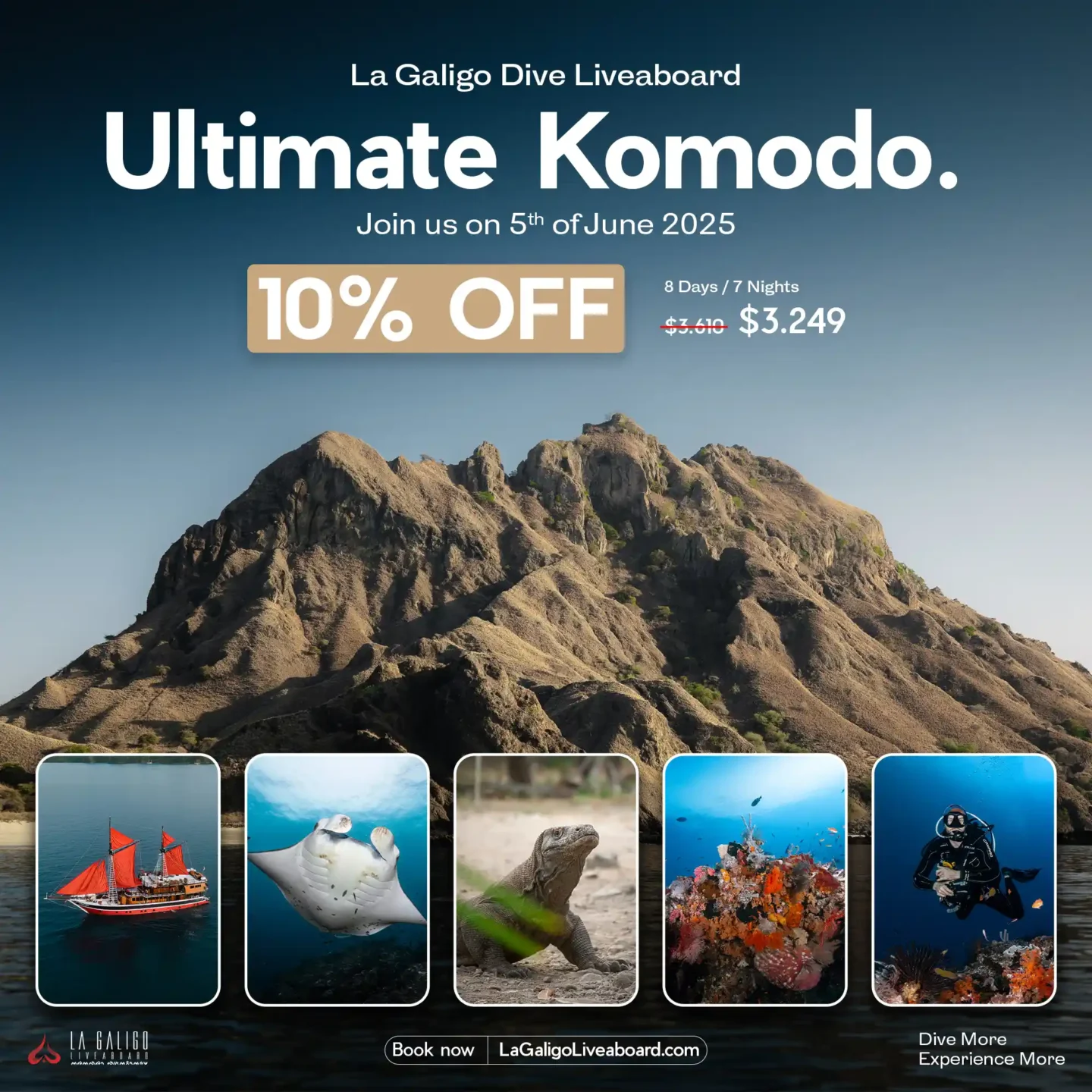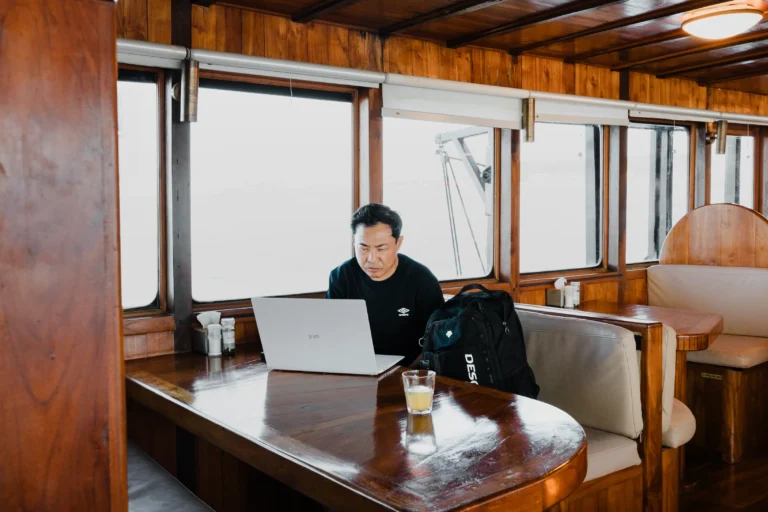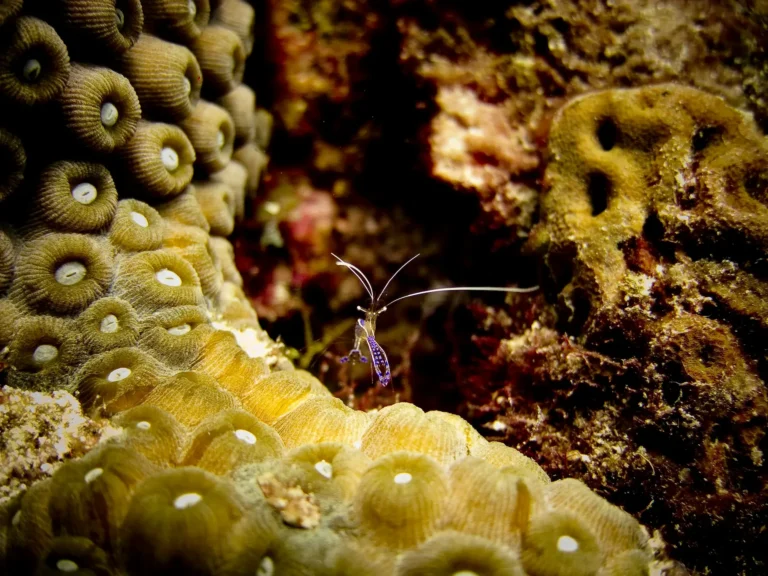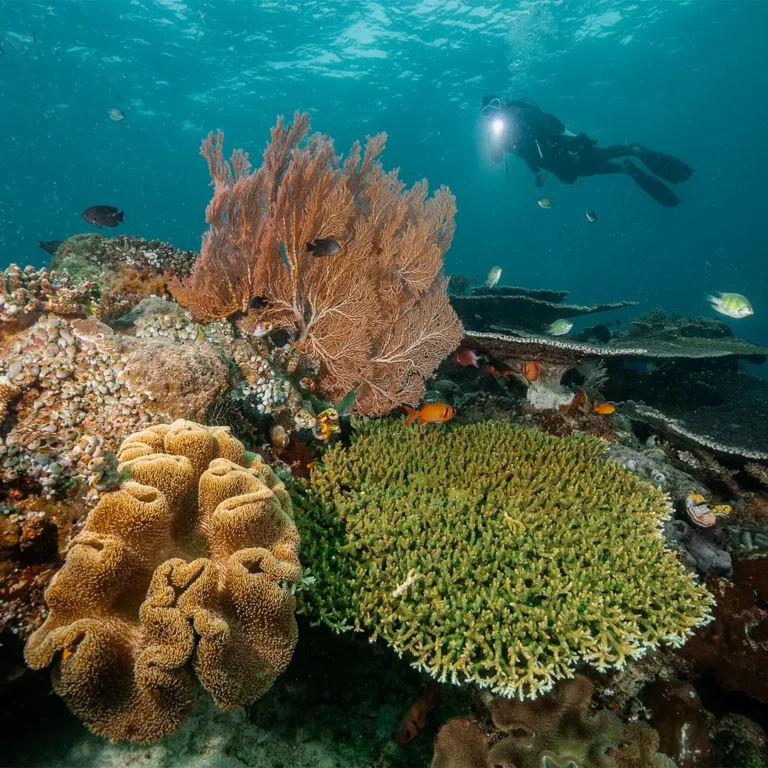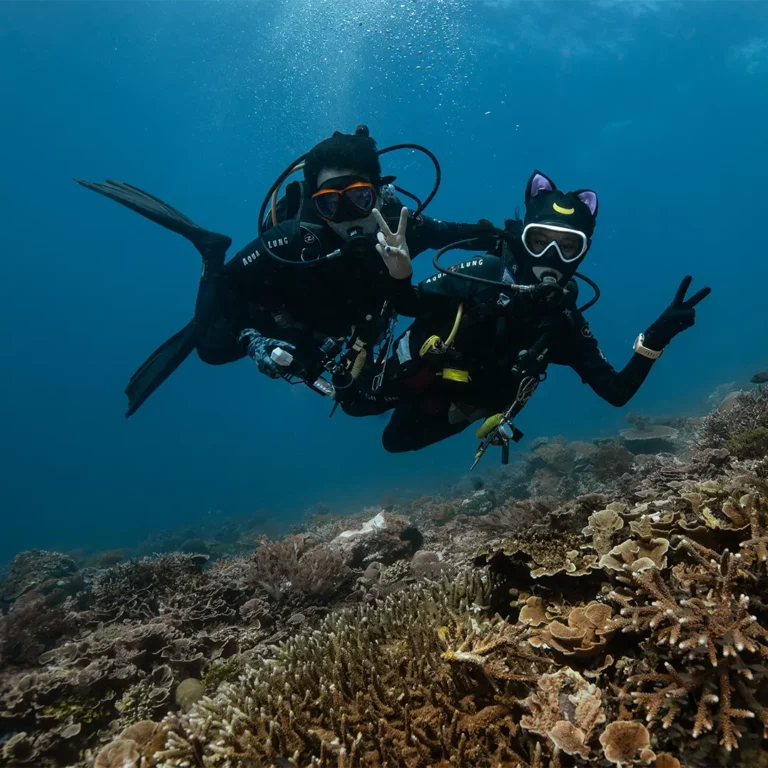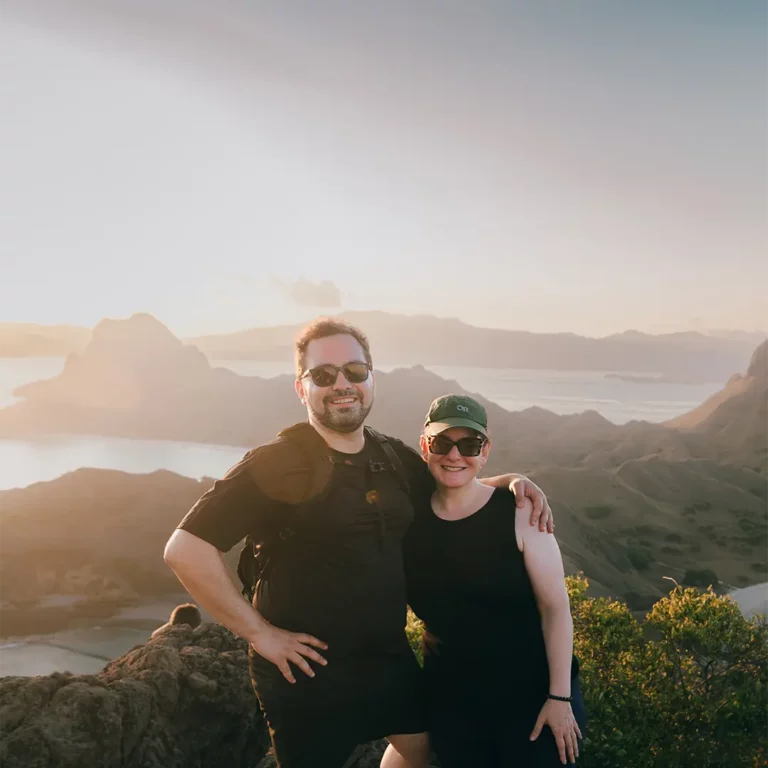An unforgettable experience is having your first underwater dive or snorkelling encounter with a Manta Ray! If you’re lucky, you might have a close encounter and emerge feeling like you have “connected” with these enormous, curious sea creatures. This marine experience is unmatched.
You can snorkel or scuba dive with these regal, gentle ocean creatures in many locations around the globe. Take a look below to learn more about the top locations for Manta Ray diving.
What is a Manta Ray
The world’s tropical and subtropical oceans are home to Manta Rays and sharks, which are closely related to these cartilaginous, filter-feeding fish.
There are some significant distinctions between the two different species of manta rays that exist today.
With a maximum wingspan of 4 metres, Reef Manta Rays (Mobula alfredi) are smaller. These have a characteristic Y-shaped shoulder pattern on their back and are found in shallow or coastal areas on reefs and atolls.
Mobula birostris, the Giant Oceanic Manta Ray, can reach a maximum wingspan of 7 metres. They have a characteristic T-shaped shoulder pattern and inhabit deeper waters in the open ocean.
Manta rays use a variety of interesting feeding techniques, such as chain feeding, somersaulting, and “piggybacking” on other manta rays, to survive on microscopic plankton.
Manta rays depend on cleaning stations because the ocean can be an unclean environment. Similar to a manta spa, these are significant coral / rock formations where a variety of small cleaner wrasse species clean their teeth, gills, and skin.
At cleaning stations, manta rays will gently hover over the area and may even form a “queue” to wait for their turn, making for some of the best manta diving encounters.
Where Are Manta Ray Diving Locations?
One of the best underwater experiences is diving with manta rays at famous locations like Kona, Hawaii. These are our top 12 locations to see these stunning fish, which are among the few that actually appear to seek out opportunities to interact with divers.
1. Raja Ampat, Indonesia
In Raja Ampat, there are several cleaning stations and locations where you can frequently go Manta Ray diving, such as Magic Mountain (Shadow Reef), Dayang, Black Rock, Manta Ridge, and Manta Sandy.
2. Komodo, Indonesia
With over 1,000 individuals detected at just four of the 20 locations where Reef Mantas (Mobula alfredi) are known to congregate, the Komodo National Park is home to the largest known aggregations of these animals in Indonesia, according to a recent study by the Marine Megafauna Foundation (MMF)Manta Rays will be in the area year round, but the months of June through September are the best times to visit the marine park during the dry season when diving conditions are more favourable for visibility and weather.
3. Maldives
With over 10,000 individuals, the reef manta ray population in the Maldives is believed to be the largest on Earth. The Maldives is a popular place to see manta rays, especially from August to October when sites like Hanifaru in Baa Atoll host spectacular feeding and mating displays.
ALSO READ : Top 9 Tropical and Non Tropical Dive Sites in the World
4. Hawaii
Manta rays are well-known for inhabiting Hawaii’s volcanic islands. Manta Ray diving is year-round on Big Island; don’t miss the night dives at Kona, where reef mantas dance under bright underwater lights. A captivating sight.
5. Cabo Marshall, Galápagos
While sighting Manta Rays is not always guaranteed in the Galápagos, it is almost a given when visiting Cabo Marshall, located off the northeastern shore of Isabela Island. Also, look out above for sights like one breaching.
6. Yap, Micronesia
Yap is a small group of islands in Micronesia that is considered one of the Manta hotspots globally. Manta dives at Mi’il Channel are very popular from November to May when the trade winds are blowing. Manta dives are conducted in the Goofnuw and Mi’il Channels during the summer.
7. Yasawa Islands, Fiji
From May to October, this remote island chain offers fantastic manta ray diving. Additionally, Mantas are frequently seen in the Somosomo Strait, Bligh Water, and the Kadavua Group.
8. Ningaloo, Western Australia
Approximately 600 coastal dwelling Reef Manta Rays (Manta alfredi) live in Coral Bay at Ningaloo. Known locally as North Passage, the largest passage in Ningaloo Reef, supplies a vast region known as Bateman’s Bay, where they can be found. The mantas are located by a spotter plane that takes off from Coral Bay airstrip. The boat skippers are directed to the rays via radio. Throughout the year, especially during full moons, one can observe activities like barrel rolling and line feeding. They form mating chains between November and February in the summer, when up to 15 males may compete for a single female in the group.
ALSO READ : Guide to the Dampier Strait: The Best Time to Go, Marine Life and Dive Sites
9. Ishigaki Island, Japan
The place to go if you want to experience some Manta madness is Ishigaki Island. The place where Mantas gather, or rather scramble, to be cleaned and to feed on the blooming plankton is known as the Manta Scramble.

